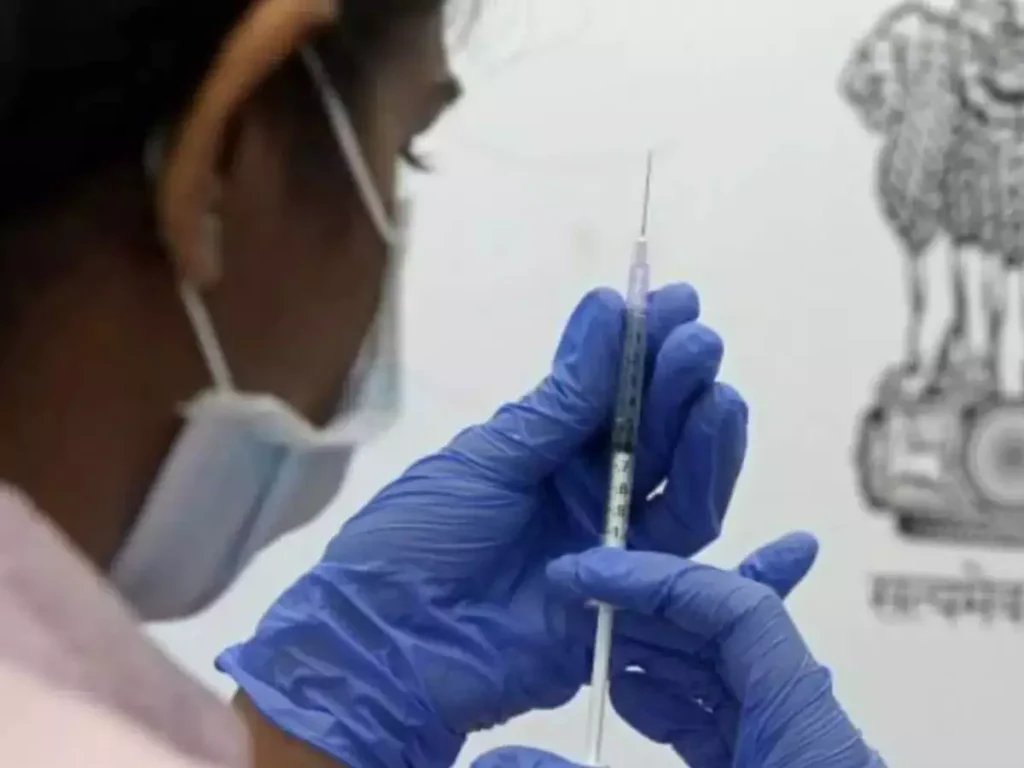NITI Aayog released an Expert Group report titled ‘Future Pandemic Preparedness and Emergency Response — A Framework for Action’.
About the report:
- Provides a strategic blueprint for India to prepare for future pandemics, focusing on rapid response mechanisms.
- Highlights the inevitability of new large-scale infectious threats due to changing ecological and climatic conditions, with 75% of future health threats likely to be zoonotic.
- Emphasizes the significance of a 100-day action plan to manage outbreaks effectively.
Key highlights of the report:
Governance and Legislation
- Proposes the Public Health Emergency Management Act (PHEMA) to cover a broader scope beyond just epidemics, including disasters and bioterrorism.
- Suggests establishing an Empowered Group of Secretaries on Pandemic Preparedness and Emergency Response (PPER), chaired by the Cabinet Secretary, and a special PPER fund.
Data Management and Surveillance
- Recommends creating a well-connected surveillance network for efficient data integration and decision-making.
- Advocates for a modeling and forecasting network for early outbreak prediction, improving response times.
Research and Innovation
- Calls for an Institute of Innovation focused on new platform technologies and rapid vaccine development.
- Recommends setting up Centers of Excellence for Skilling in gap areas to enhance the workforce’s readiness and capabilities.
Existing Management Framework
- Notes the role of ‘Public Health and Sanitation’ under state jurisdiction, with central and state powers for legislating infectious disease prevention.
- Mentions the Epidemic Diseases Act (EDA) of 1897 as the main legislative tool currently in use.
Other Key Recommendations
- Highlights the “One Health” approach to address the risk of zoonotic diseases, integrating human, animal, and environmental health aspects.
- Emphasizes the importance of public-private partnerships and global collaborations to strengthen pandemic preparedness.
- Stresses integrating strategies for tracking, testing, treatment, and management within the critical first 100 days of any outbreak.
Ref: Source
| UPSC IAS Preparation Resources | |
| Current Affairs Analysis | Topperspedia |
| GS Shots | Simply Explained |
| Daily Flash Cards | Daily Quiz |
Frequently Asked Question:
What is the importance of a 100-day action plan in pandemic response?
A 100-day action plan is crucial for rapid containment and management of outbreaks, minimizing health, economic, and social impacts.
What legislative act does the report propose for pandemic preparedness?
The report proposes the Public Health Emergency Management Act (PHEMA) to cover a broader scope, including epidemics, disasters, and bioterrorism.


